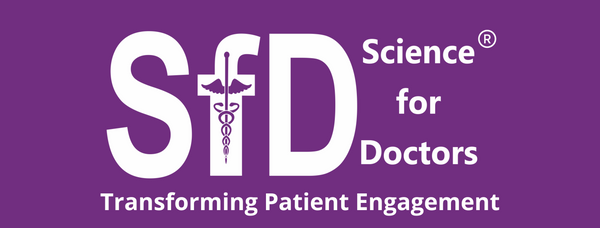
Oncology: The Science of Fighting Cancer
Share
Cancer remains one of the most formidable health challenges worldwide, affecting millions of lives each year. Oncology, the branch of medicine dedicated to the prevention, diagnosis, and treatment of cancer, plays a crucial role in advancing medical science and patient care. In this blog, we explore the key aspects of oncology, the latest advancements, and the future of cancer treatment.
What is Oncology?
Oncology is the field of medicine that focuses on cancer research and treatment. It encompasses three main areas:
Medical Oncology: Involves the use of chemotherapy, targeted therapy, and immunotherapy to treat cancer.
Surgical Oncology: Focuses on the removal of tumors through surgical procedures.
Radiation Oncology: Utilizes radiation therapy to destroy cancerous cells.
Oncologists work in multidisciplinary teams to provide personalized treatment plans tailored to each patient's specific condition.
Causes and Risk Factors of Cancer
Cancer occurs due to genetic mutations that lead to uncontrolled cell growth. Several factors contribute to cancer development, including:
Genetic predisposition: Family history of cancer can increase risk.
Environmental factors: Exposure to carcinogens such as tobacco, pollution, and radiation.
Lifestyle choices: Poor diet, lack of exercise, and excessive alcohol consumption.
Infections: Certain viruses, like human papillomavirus (HPV) and hepatitis B/C, are linked to cancer.
Early Detection and Diagnosis
Early detection of cancer significantly improves treatment outcomes. Common screening methods include:
Mammography: For detecting breast cancer.
Pap Smear: For cervical cancer screening.
Colonoscopy: To identify colorectal cancer.
Biopsy and Imaging: MRI, CT scans, and PET scans help confirm diagnosis.
Advancements in Cancer Treatment
Recent advancements in oncology have transformed cancer treatment, making it more effective and personalized. Some of the groundbreaking innovations include:
Immunotherapy: Boosts the body’s immune system to fight cancer cells.
Targeted Therapy: Uses drugs to target specific genetic mutations in cancer cells.
CAR-T Cell Therapy: A type of immunotherapy that engineers T-cells to attack cancer.
Precision Medicine: Tailors treatment based on a patient’s genetic makeup.
The Future of Oncology
With continuous research and technological advancements, the future of oncology holds great promise. Artificial intelligence (AI) is improving diagnostic accuracy, while nanotechnology is revolutionizing drug delivery systems. The integration of genomics and biotechnology is paving the way for more effective, minimally invasive treatments.
Conclusion
Oncology has made significant strides in the fight against cancer, improving survival rates and patient quality of life. Early detection, advanced treatments, and a focus on personalized medicine are transforming cancer care. As research continues, the ultimate goal remains: to find a cure and eradicate cancer for future generations.
